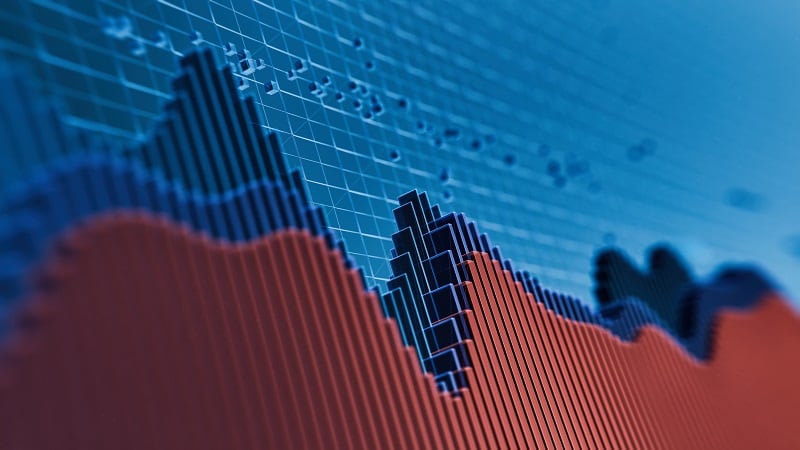Supply chain software company Helios released its latest agentic AI feature and closed its seed round, as Francisco Martin-Rayo, the company’s CEO and founder, shared with AgTechNavigator at the World Agri-Tech Innovation Summit in London last week.
Helios Horizon is an AI-based multi-agent feature that provides data and insight on over 75 agricultural commodities, including coffee, cocoa, soybeans and more, the company shared in a press release. The product is designed to support procurement teams and free up their time to do “next-level analysis,” Martin-Rayo noted.
Horizon is “like a team of Bloomberg analysts that are working for you 24 hours a day, seven days a week in the language of your choice. You can ask them, ‘When should I buy? How much should I buy? Where should I buy from?’ It will optimize and lower your cost of goods sold. It is completely transformational. You no longer have to wait to talk to that analyst. You do not have to get in queue. You do not have to look through dozens and dozens of these reports. It is able to do all of that analysis for you,” he elaborated.
Additionally, the agtech company closed a $4.7 million seed round, led by Collide Capital with participation from Angeles VC, Equity Alliance, S&P Global Ventures, Stray Dog Capital and Supply Change Capital that will fuel the start-ups global expansion. Helios is supporting that growth with new hires, like a recent global head of sales and head of growth and demand, the company shared.
“The last five customers we signed this month, one was American, but the other ones were Austrian, Scottish, German, and Emirati. And we do not have offices yet. We are not doing any marketing in these countries. So, we are really happy the groundswell marketing that is going on. But our focus really is to keep expanding the power of our platform internationally,” Martin-Rayo said.
Predicting commodity pricing in an increasingly volatile world
The ongoing war between Russia and Ukraine and the Trump administration’s trade war with most of the world is making it “a really terrible time” for those in the food procurement space, Martin-Rayo noted. Ukraine is the largest exporter of sunflower oil and the fifth largest exporter of wheat, which often imported by developing countries, according to the European Council.
On top of that, food procurers and commodity trader are increasingly having to factor in climate change into their price forecasts, Martin-Rayo said.
“We did this analysis: 60% of food inflation in the United States has been driven by weather changes. That is not going to get any better. So, over the next 5-10 years, you are going to continue to see that acceleration, those disruptions across your entire global food supply chain. And you really need tools that help you get ahead of that, to help you not just mitigate it, but really start to profit from it,” Martin-Rayo said.



